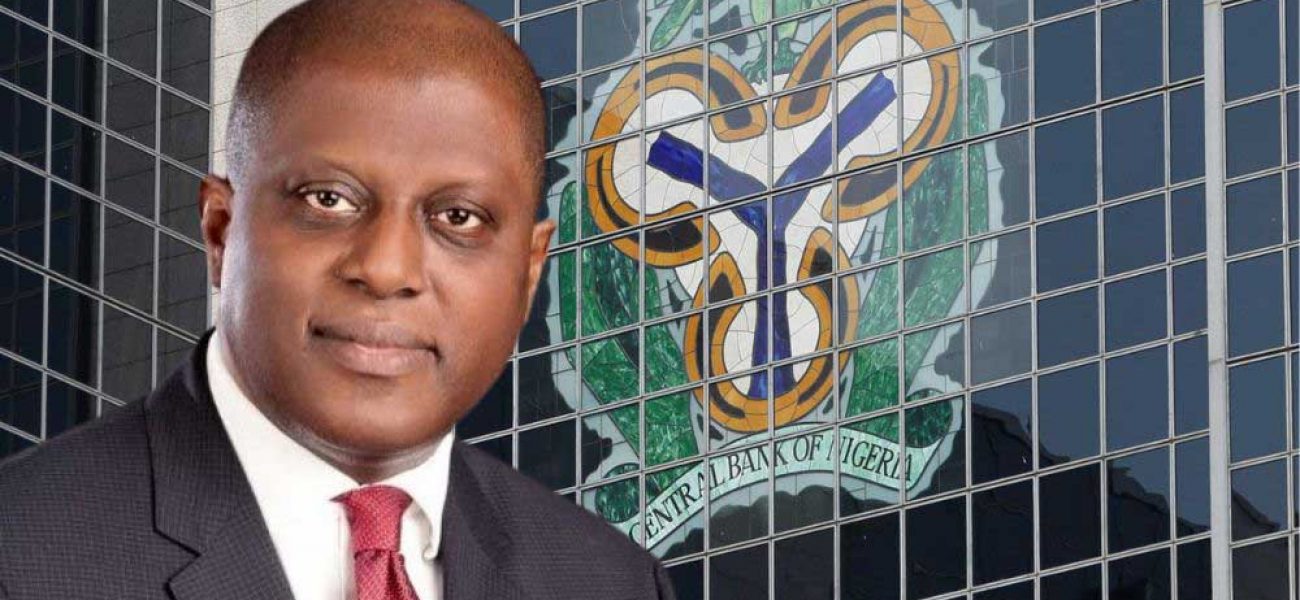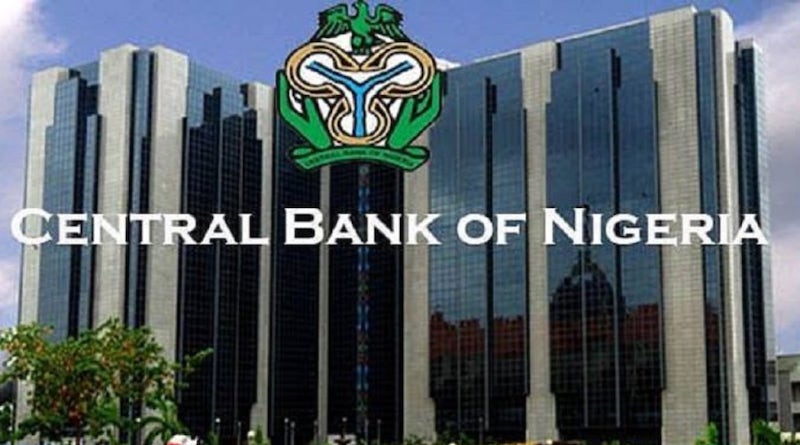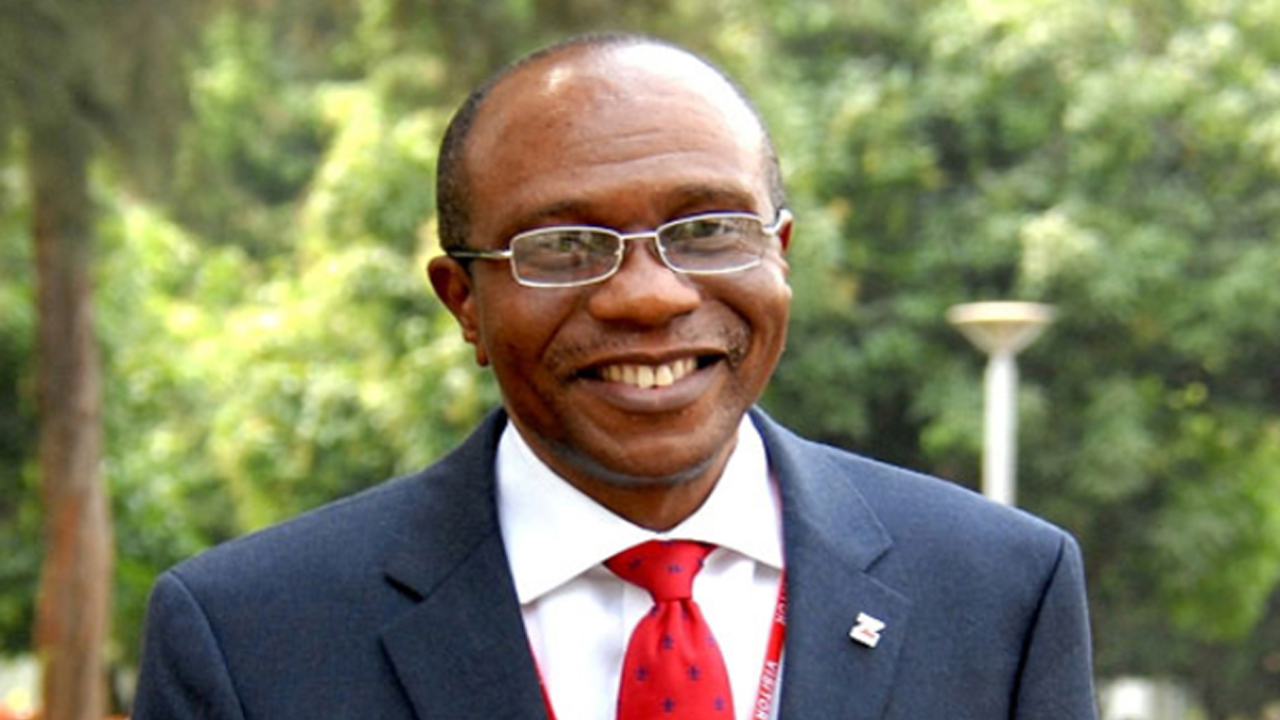Despite the federal government’s appeal to banks to continue operations amid the Covid-19 pandemic, the failures of several financial institutions to put up an efficient skeletal operation continues to take a heavy toll on daily activities of Nigerians, particularly on bank customers.
Recall that the Central Bank of Nigeria (CBN) had earlier assured the public that banks will remain open for business as the nation combats Coronavirus .
A statement issued by Isaac Okorafor, CBN Director of Corporate Communications on how banks will operate during the pandemic partly reads: ‘Essential staff of the bank at the Headquarters and 37 branches were expected to report for duty daily.”
However, TheNewsGuru(TNG) interacted with customers, monitored the skeletal framework so far provided by several banks and discovered that non-compliance with the apex bank’s directive has weakened Nigeria’s financial system – this factor also contributes partially to the breakdown of the federal government’s lockdown order flouted daily by Nigerians who are struggling to keep heads above water as a result of problems arising from easy access to finance.
While most of the Nigerian banks now serve their customers via customised internet banking facilities, some of their clients who have not migrated fully to the digital platforms are presently groaning and are temporarily cut-off from access to funds, especially small scale businesses, associations running corporate/joint accounts.
Meanwhile, a top bank official opened up to TNG under condition of anonymity on some of the challenges faced by banks during this Covid-19 crisis.
The TNG source who admitted that most banking halls have shut down explained that financial institutions needs some level of safety for staffers and customers while stressing that the present situation in the country is tensed.
“Presently, I am aware that many banking halls are not opened despite exemptions granted by the government for them to continue operations. Considering the panic in Nigeria today, following the lockdown order, it has become really difficult to manage the overwhelming customers in need of cash while still ensuring social distancing with few essential bank officials.
“On a routine day, managing people can be difficult, and now that the bank is not at its full capacity it might be strenuous to deal with panic-driven transactions. But largely, most banks are proffering desired solution via the internet”
Customers lament
According to one Mr. Olatunji Adeola, a customer of a front-line bank in Lagos, told TNG his harrowing experience of trusting a message sent to him by his bank, which claimed that a branch office in Oba Akran, Ikeja was opened.
The message read: “Dear ….Our Branches are OPEN Nationwide. Following the directives for partial lockdown in several States across the country, we will be offering skeletal services in some of our branches across the country. These branches will open from 9:00 am to 2:00 pm (Monday – Friday) to serve you. “We have implemented all necessary health and safety measures across these branches to keep you safe at all our locations. Click here for list of branches that you can bank at….”
In dire need of cash, Adeola who runs a corporate account rushed down to the Ikeja branch of the said bank on Wednesday, he met a huge crowd of customers who were eagerly waiting for the bank to open, they stayed there for hours but their financial hopes were dashed as the bank never opened that day.
“I called my account officer and he told me, they are waiting for an approval from the head office, they I should exercise patience till Friday (today).’
Another customer in one of the Abuja-based bank who simply identified himself by his first name, Ifeanyi, also lament the closure of banking halls, following the frustrations he encountered while attempting to transact through his dollar domiciliary account in one of the first generation banks in the FCT.
Ifeanyi said, It is really frustrating that most of these banks are not keeping to their promise, I have money in my dollar account, but I cannot access it through the ATM and banks are not opened, how do I cope?” He said.
Few days ago, the Presidential Task Force (PTF) on the novel Coronavirus (COVID-19) pandemic further appealed to banks in the country to continue to give skeletal services to Nigerians.
The National Coordinator of the PTF, Dr Sani Aliyu, reiterated that there was an exemption for banks to provide skeletal services and appealed to the banks in the country to start addressing this concern.
His words:“When we implemented the cessation of movement policy two weeks ago, we did make an exemption for banks to be allowed to engage in skeletal services and following that, the financial authorities released additional guidelines to the banks.We are appealing to the banks please continue to provide financial services, especially the availability of cash at the ATM and skeletal services within the banking halls.




